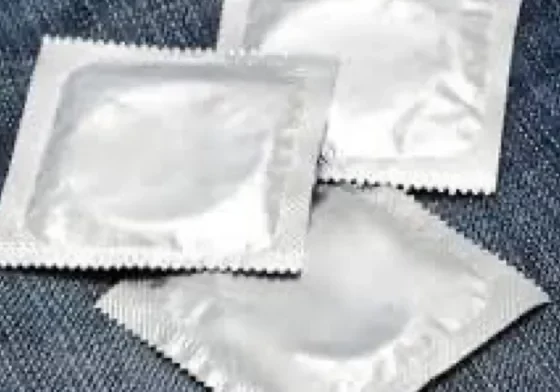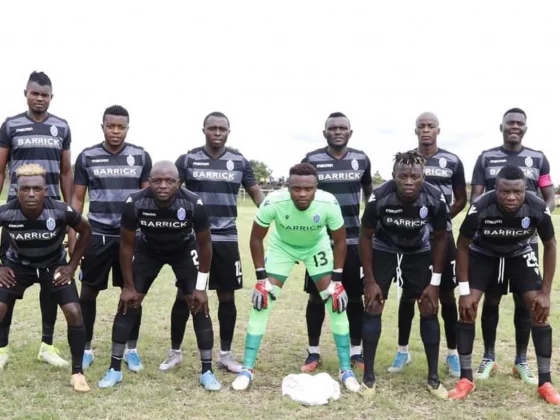IF water is truly life, then its provision to communities should be done with the potential for high-impact and sustainable reticulation.
This is because water supply and sanitation should aim at increasing access to safe, sufficient and affordable clean water for people to meet needs for drinking and hygiene.
The reported outbreak of diarrhoeal diseases in Lusaka’s Zingalume Compound, due to unsafe drinking water and in some cases lack of it, should be a matter of great concern to authorities, especially the Lusaka Water and Sewerage Company (LWSC)
The residents have complained that because of water shortages, they have been subjected to drinking water that overstays in containers as each day they try to conserve the scarce resource.
One of the residents, Tamara Ngoma, says the majority of children in the area are now suffering from diarrhoeal diseases because of drinking stale water.
“The water we drinking overstays in the containers as we try to conserve it as it always scarce and at times the water we draw is not safe for drinking,” says Ms Ngoma
The residents have complained that, most of the times, the taps in Zingalume are dry for weeks without explanation from LWSC.
“We are suffering, especially those of us with babies because we have to wash their clothes every day. We cannot continue to live without water because we depend on it for our daily usage,” says Ms Ngoma.
The residents have further said that even the kiosks from which they draw water are rarely opened despite paying registration fees to LWSC.
Another resident, Jonas Silwimba, has complained that the kiosks have started being vandalized by notorious locals who feel that they are of no use to them since they have no water most of the time.
“They have started breaking the taps and getting whatever they feel like getting because they feel that they have been closed for a long period without cause. People think they have been abandoned and will never be opened again,” Mr. Silwimba says.
Suffice to say that some of the effects of drinking contaminated water can be immediate, while others may not be noticed for many years to come and are a cost go government for treatment.
These health effects can include gastrointestinal and stomach illnesses like nausea, vomiting, cramps, and diarrhea. Contaminated water can cause many types of diarrheal diseases as what we are now witnessing in Zingalume.
Perhaps of immediate consideration is for people to be sensitized against drinking dirty and unsafe water by avoiding unsafe sources to avoid what is happening in Zingalume.
It is more than apparent that as Zambia moves to drier months, the situation might completely get out of hand and people might find themselves in more desperate situations.
Obviously the buck stops at LWSC which should devise ways and means to ensure that there is constant supply of safe and clean water to all communities in Lusaka, not only in Zingalume.
Experts say that each person on earth requires at least 20 to 50 liters of clean, safe water a day for drinking, cooking, and simply keeping themselves clean, warning that polluted water is not just dirty, it’s deadly.
So LWSC should always ensure that people of Lusaka are given access to clean water as a basic human right.
Improving the quality of drinking water and making it safe and healthy can reduce diarrhoea episodes considerably in Lusaka and indeed in many other cities and towns of Zambia.
It is also our hope that the situation obtaining in Zingalume is attended to promptly because it has the potential to anger people and the consequences are well known.





